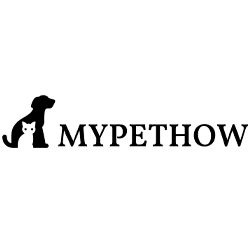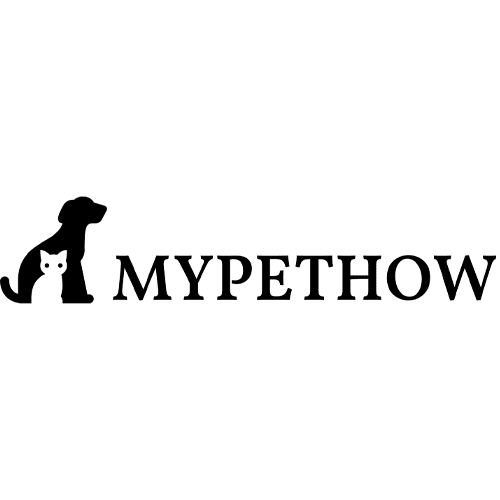Siberian cats are a unique breed of felines that are known for their majestic appearance, playful personality, and affectionate nature. They are also known for their dietary needs, which can be quite different from other cat breeds. So, what do Siberian cats eat?
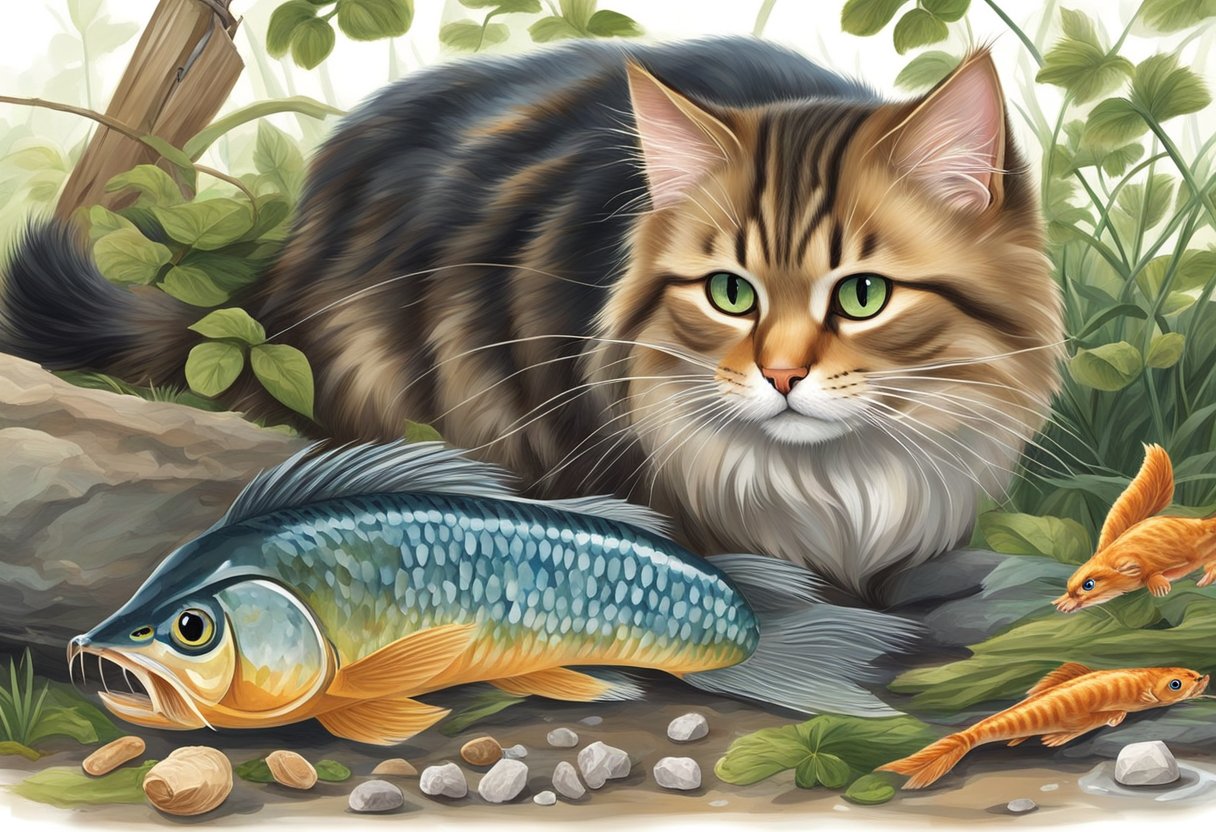
As obligate carnivores, Siberian cats require a diet that is high in animal-based protein to meet their nutritional needs. In the wild, they hunt small prey such as rodents and birds, which provide them with the protein, fat, and other nutrients they need to survive. Domesticated Siberian cats require a similar diet that is rich in animal-based protein, fat, and other essential nutrients.
There are a variety of commercial cat foods available that are specifically formulated for Siberian cats. These foods are designed to meet the unique dietary needs of the breed and can provide a balanced and complete diet. However, some owners prefer to make their own homemade diets for their cats. Whatever the choice may be, it is important to ensure that the diet is nutritionally balanced and provides all the essential nutrients that the cat needs.
Key Takeaways
- Siberian cats are obligate carnivores and require a diet that is high in animal-based protein.
- Commercial cat foods are available that are specifically formulated for Siberian cats.
- Homemade diets can also be an option, but it is important to ensure that the diet is nutritionally balanced and provides all the essential nutrients.
What Are Siberian Cats
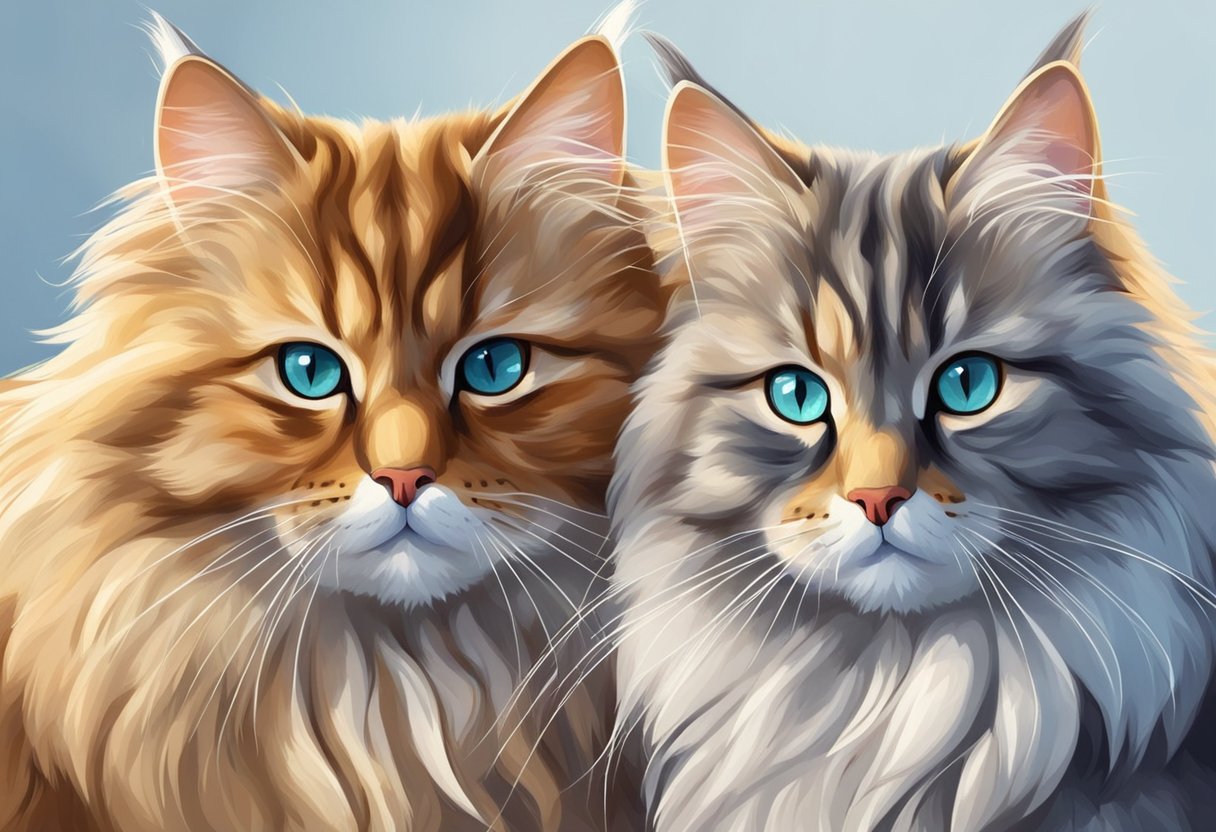
Siberian cats, also known as Siberian Forest cats, are a medium-sized breed of cat that are native to Russia. They are known for their thick, triple-layered fur, which helps them stay warm in the harsh Siberian climate. Siberian cats are also known for their playful and affectionate personalities, making them a popular choice as pets.
Siberian cats are considered to be a natural breed, meaning that they have evolved over time without human intervention. They are believed to have originated in the forests of Siberia, where they were used to hunt rodents and other small prey.
Siberian cats are known for their strong and muscular bodies, which make them excellent hunters. They have large, expressive eyes and a round face, giving them a cute and friendly appearance. Siberian cats are also known for their intelligence and curiosity, which can sometimes get them into trouble.
Dietary Needs of Siberian Cats
Siberian cats are natural carnivores and require a diet high in protein to maintain their health and well-being. A balanced diet for a Siberian cat should include meat, which they would normally get in the wild through small prey such as birds, insects, and lizards. Commercially prepared cat food is generally sufficient to meet the needs of most Siberian cats, but some owners prefer to feed their cats a more natural diet by supplementing with raw or cooked meat, liver, fish, and eggs.
Protein Requirements
Siberian cats require a high-protein diet to maintain their muscle mass and overall health. According to Cats.com, adult cats should have a minimum of 26% protein in their diet, while kittens require a higher percentage of protein to support their growth and development. Kittens should get 100 calories per pound, while cats 40 weeks of age and older should get around 30 calories per pound.
Vitamin and Mineral Needs
In addition to protein, Siberian cats require a balanced diet that provides them with all the necessary vitamins and minerals. According to FollowingCats.com, a balanced diet for a Siberian cat should include:
- Vitamin A: essential for vision, immune system, and skin health
- Vitamin B: important for energy production and maintaining a healthy nervous system
- Vitamin D: necessary for calcium absorption and bone health
- Vitamin E: an antioxidant that helps protect cells from damage
- Calcium: important for bone health
- Phosphorus: necessary for bone growth and maintenance
- Iron: essential for red blood cell production and oxygen transport
- Magnesium: important for muscle and nerve function
Hydration Importance
Siberian cats require plenty of fresh water to stay hydrated and maintain their overall health. According to Lai’s Lair, cats should drink around 2-4 ounces of water per 5 pounds of body weight per day. Owners should provide fresh water in a clean bowl and monitor their cat’s water intake to ensure they are drinking enough. Some cats prefer running water, so a fountain-style water bowl may be beneficial for encouraging water intake.
Commercial Cat Food for Siberian Cats
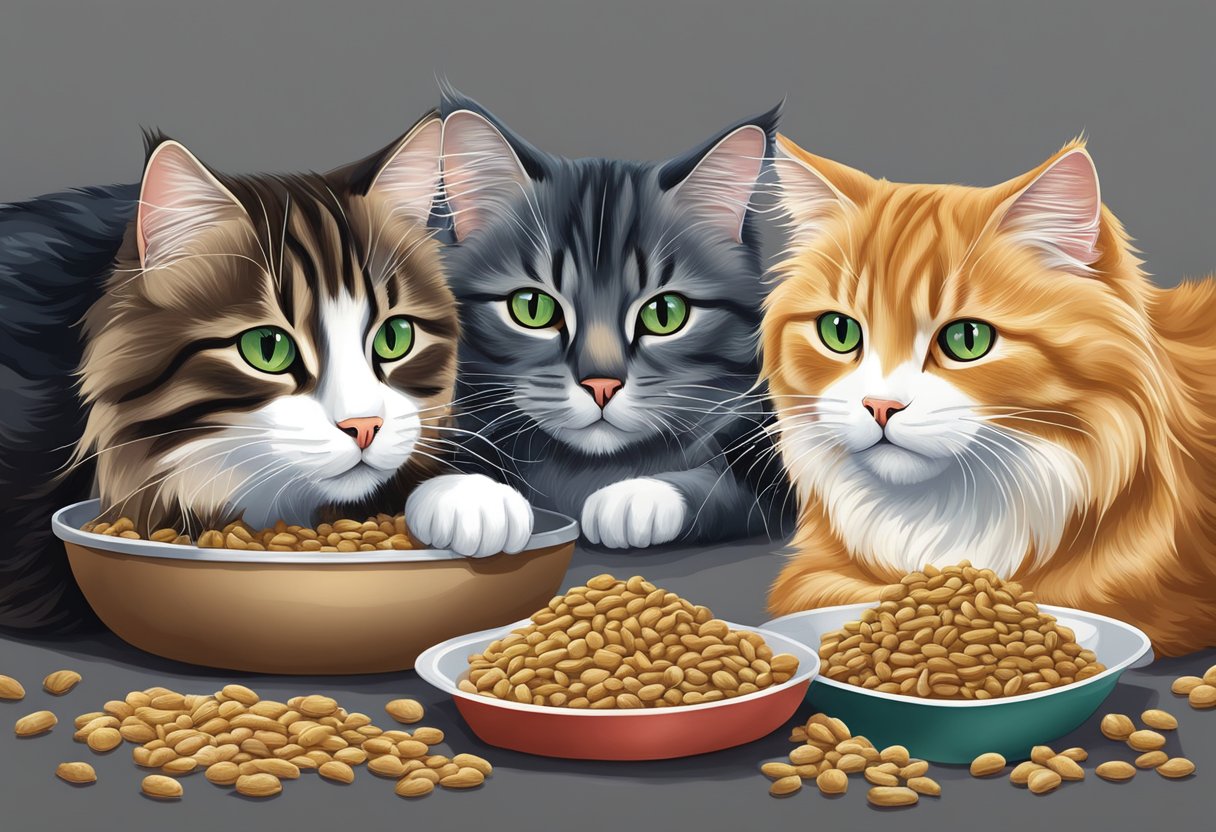
Siberian cats can eat both wet and dry commercial cat food, which is formulated to meet their nutritional needs. However, it is important to choose high-quality cat food brands that list meat as the first ingredient and avoid those that contain fillers or artificial preservatives.
Wet Food
Wet cat food is a good option for Siberian cats because it contains a high percentage of moisture, which helps keep them hydrated. Look for wet cat food that is made with high-quality ingredients such as chicken, turkey, or fish. Avoid wet cat food that contains grains or fillers such as corn or wheat, as these can cause digestive issues in some cats.
Dry Food
Dry cat food is a convenient option for Siberian cats, but it is important to choose a high-quality brand that is rich in protein and other essential nutrients. Look for dry cat food that is grain-free and made with high-quality animal protein such as chicken, turkey, or fish. Avoid dry cat food that contains fillers or artificial preservatives, as these can be harmful to your cat’s health.
In addition to commercial cat food, some Siberian cat owners prefer to feed their cats a more natural diet. This can be done by supplementing with raw or cooked meat, liver, fish, and eggs. However, it is important to consult with a veterinarian before making any changes to your cat’s diet, as some foods can be harmful to their health.
Homemade Diets for Siberian Cats
Homemade diets can be a good option for owners who want to have more control over their cat’s food. However, it is important to consult with a veterinarian before making any changes to your cat’s diet.
Raw Diet
Some owners prefer to feed their cats a raw diet consisting of uncooked meat, bones, and organs. This diet is based on the idea that cats are natural carnivores and thrive on a diet of raw meat. However, there are some risks associated with feeding a raw diet, including the potential for bacterial contamination and nutritional imbalances.
If you choose to feed your Siberian cat a raw diet, make sure to follow proper food safety guidelines and consult with a veterinarian to ensure that the diet is nutritionally balanced.
Cooked Diet
Cooked diets can also be a good option for owners who want to prepare their cat’s food at home. Cooked diets can include a variety of animal-based proteins, such as chicken, beef, or fish. It is important to ensure that the diet is balanced and includes all the necessary nutrients that your cat needs to stay healthy.
Cooked diets can be prepared in bulk and stored in the freezer for convenience. However, it is important to thaw the food properly and ensure that it is heated to the appropriate temperature before feeding it to your cat.
Feeding Schedule for Siberian Cats
Feeding your Siberian cat the right amount of food at the right times can help ensure that they receive the necessary nutrients to thrive.
How Much to Feed a Siberian Cat
According to SiberianCatz.com, indoor cats should receive about 20 calories per pound and outdoor cats should receive about 35 calories per pound. A 10-pound Siberian cat should receive about 200-250 calories per day, which is equivalent to one can of wet cat food. However, the exact amount of food your cat needs may vary depending on their age, activity level, and overall health.
It’s important to note that overfeeding your Siberian cat can lead to obesity, which can increase their risk of developing health problems such as diabetes and joint issues. Therefore, it’s recommended to measure out your cat’s food and avoid free-feeding.
Feeding Schedule
Siberian cats should be fed at least twice a day, ideally at the same times each day. This helps establish a routine and can prevent your cat from overeating. It’s important to provide fresh water at all times.
When choosing cat food for your Siberian, look for high-quality, protein-rich options that are specifically formulated for their nutritional needs. Wet food can be a good option as it provides additional hydration, but dry food can also be included in their diet.
Treats
Treats can be a great way to bond with your Siberian cat and provide them with additional nutrients. However, it’s important to limit the amount of treats your cat receives to prevent overfeeding. Treats should never make up more than 10% of your cat’s daily calorie intake.
When choosing treats for your Siberian, look for options that are low in calories and free from harmful ingredients such as onions, garlic, and chocolate. Some healthy treat options for Siberian cats include cooked chicken, small amounts of cooked vegetables, and freeze-dried meat treats.
Potential Dietary Issues
Siberian cats are generally healthy cats, but there are some potential dietary issues to be aware of.
Obesity
One of the most common dietary issues in cats is obesity. Obesity can lead to a variety of health problems, including diabetes, arthritis, and heart disease. Overfeeding, feeding too many treats, and a lack of exercise are all contributing factors to obesity in cats.
To prevent obesity in Siberian cats, it is important to feed them a balanced diet and monitor their food intake. Indoor cats should receive about 20 calories per pound and outdoor cats should receive about 35 calories per pound. A can of wet cat food typically contains between 200-250 calories, so a 10 pound cat should receive about one can of wet cat food per day (10lb x 20 calories = 200 calories).
Food Allergies
Siberian cats, like all cats, can develop food allergies. Food allergies occur when a cat’s immune system reacts to a particular protein in their food. Symptoms of food allergies in cats can include vomiting, diarrhea, and itchy skin.
To prevent food allergies in Siberian cats, it is important to feed them a high-quality, hypoallergenic cat food.Siberian cats are obligate carnivores, which means that their diet must consist of animal-based protein to meet their nutritional needs. It is also important to avoid feeding them human food or table scraps, as these can contain ingredients that are harmful to cats.
If a Siberian cat does develop a food allergy, it is important to work with a veterinarian to determine the allergen and find an appropriate diet.
Conclusion
In conclusion, Siberian cats are obligate carnivores and require a diet that is high in animal-based protein and fat, and low in carbohydrates. Foods that are high in protein, such as chicken, beef, fish, and liver, are essential for their health. Fat is also an important nutrient for Siberian cats, as it provides them with energy and helps keep their skin and coat healthy.
It is important to note that Siberian cats have a higher risk of developing heart disease, so their diet should be rich in animal protein that supplies high amounts of taurine for a strong heart muscle. The right balance of protein and carbs is also necessary for slow sustained growth.
When choosing cat food for your Siberian, it is important to read the label and ensure that the food meets their nutritional requirements. Avoid foods that contain fillers, artificial preservatives, and colors. Raw food diets and homemade diets can also be a good option, but it is important to consult with a veterinarian or animal nutritionist to ensure that the diet is balanced and meets their nutritional needs.
Frequently Asked Questions
Are Siberian cats hypoallergenic?
Siberian cats are not entirely hypoallergenic, but they produce less Fel d1 allergen than other cat breeds. This protein is the main cause of allergies in humans. Therefore, people with mild to moderate cat allergies may tolerate living with a Siberian cat. However, it is advisable to spend time with a Siberian cat before adopting one to see if the person is allergic to them.
What human foods can Siberian cats eat?
Siberian cats are obligate carnivores, which means that their diet should consist mainly of animal-based protein. However, they can eat some human foods in moderation. Some examples include cooked chicken, beef, and fish, plain yogurt, and small amounts of fruits and vegetables such as blueberries, carrots, and green beans. However, it is essential to avoid feeding them foods that are toxic to cats, such as chocolate, onions, garlic, and grapes.
Do Siberian cats like to be held?
Siberian cats are friendly and affectionate cats that enjoy spending time with their owners. However, not all Siberian cats like to be held. Some may prefer to sit beside their owners or cuddle on their laps instead of being picked up. It is important to respect the cat’s preferences and not force them to do something they do not like.
Can Siberian cats eat eggs?
Siberian cats can eat eggs, but it should be given to them in moderation. Eggs are an excellent source of protein and can be beneficial to cats, but they should be cooked before feeding them to the cat. Raw eggs can contain salmonella, which can cause illness in cats.
What do Siberian cats drink?
Siberian cats should drink water as their primary source of hydration. It is essential to provide them with fresh, clean water at all times. Some cats may prefer to drink water from a running faucet or a water fountain instead of a bowl. It is also important to note that cats should not drink milk, as many cats are lactose intolerant.
What to know about Siberian cats?
Siberian cats are a large, muscular breed of cat that originated in Russia. They are known for their thick, luxurious coat, which comes in a variety of colors and patterns. Siberian cats are intelligent, playful, and affectionate cats that make excellent pets. They are also known for their hypoallergenic qualities, which make them a great choice for people with mild to moderate cat allergies. However, they require regular grooming to keep their coat healthy and free of tangles and mats.







































